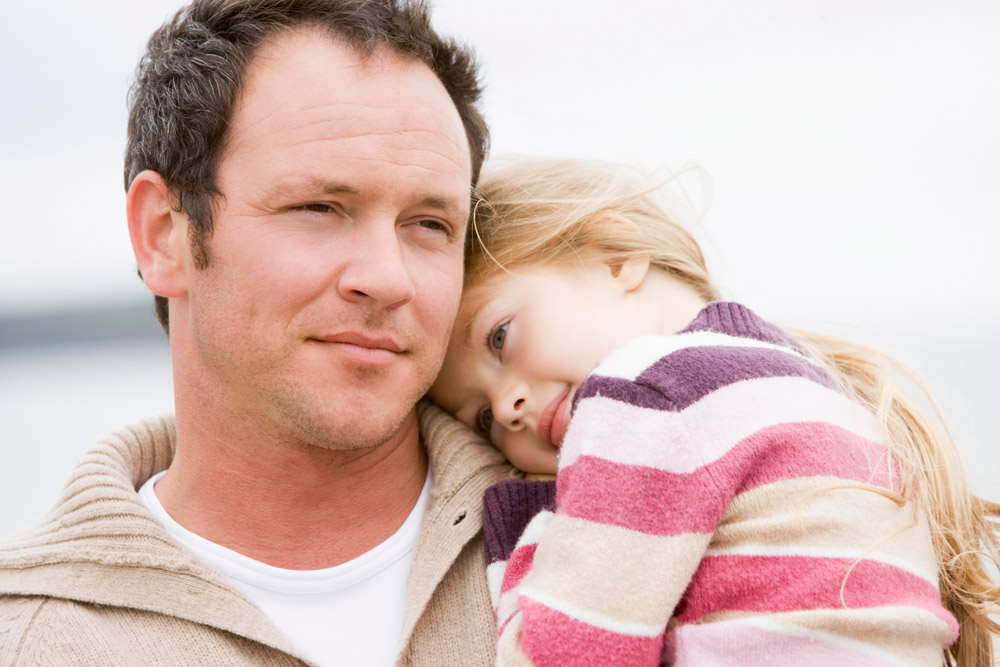Telephone Support Groups:
The Cancer Council hosts Brain Tumour Telephone Support Groups for people diagnosed with a malignant brain tumour. They are held on the first and third Monday of the month throughout the year (1.30 – 2.30pm AEST). Each group has three to seven members and two qualified facilitators. For more information or to join call the Cancer Council 13 11 20 or email tsg@nswcc.org.au.
Telephone Support Groups (FF):
The Cancer Council hosts Telephone Support Groups for people who are providing care for a family member, friend or loved one with a cancer diagnosis. They are held on the second and fourth Monday of the month (1.30 – 2.30pm AEST). Each group has three to seven members and two qualified facilitators. The Cancer Council will connect you to an appropriate group. For more information or to join call the Cancer Council 13 11 20 or email tsg@nswcc.org.au.
Cancer Connect:
Cancer Connect is a telephone peer support service that connects someone who has cancer with a specially trained volunteer who has had a similar cancer experience. A Connect volunteer can provide practical information, emotional support and hope. For more information call the Cancer Council on 13 11 20 or submit your details online.
Family Connect (FF):
Family Connect is a telephone peer support service that connects family and friends of someone with a cancer diagnosis with a specially trained volunteer who has had a similar cancer experience. A Connect volunteer can listen with understanding and share their experiences and ways of coping. For more information call the Cancer Council on 13 11 20 or submit your details online.
Online Community (FF):
The Cancer Council Online Community offers people currently living with cancer, cancer survivors, families, friends, carers and the wider cancer community the opportunity to connect, share experiences and find information and support in a safe forum.
The Peace of Mind Foundation runs a monthly Brain Cancer Support Group in Geelong that features a variety of guest speakers (including dietitians, psychologists and researchers). The group welcomes patients, carers, friends and family members living in the Geelong/Surf Coast region, and offers social activities as well as a safe place to discuss feelings and share stories. The group also provides a children’s program in conjunction with the support group so adults can attend sessions while their children are being looked after in the room next door.
To register as a member phone the group facilitator Bec Picone on 0411 382 457 or email her at bec@peaceofmindfoundation.org.au.




